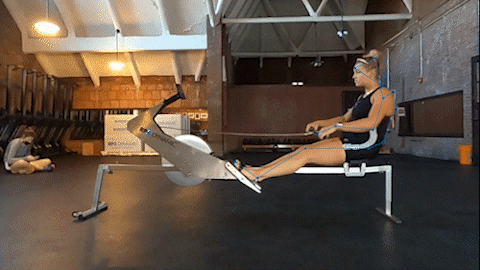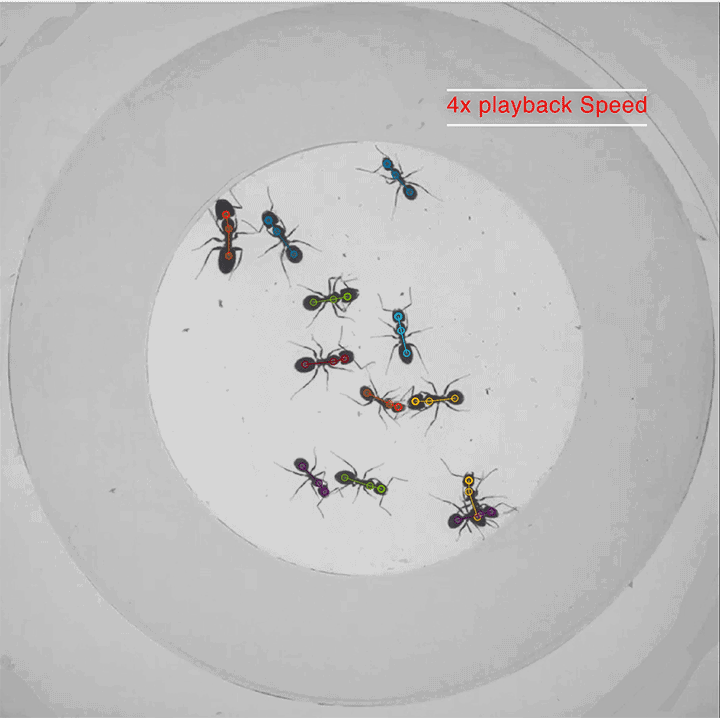Welcome to Computational Ethology!
One of the most important parts of ethological studies is testing hypotheses by collecting and analyzing behavioral data. Pioneers of ethological studies recorded quantitative data on behavior through manual observations. Though conducting such manual observation is still very relevant for so many reasons, it could be cumbersome. With the advent of technology, however, now we can automatize "extracting" behavioral data from videos. And in this course, we introduce cutting-edge computational tools that can do this job. We designed it especially for students who have a compelling question on behavior but have little or no experience in modern computation!
Watch this video made for the Fall 2020 class!
Goal of the course: What will you learn?
This course aims to make students comfortable with usage of modern computational tools for quantitative measurement of movement and behavior from videos. We will focus on behaviors that are defined by the movements of body-parts (although behavior can be auditory and olfactory). For that, tracking precise movements of body-parts in a sub-second resolution is critical, and you will learn to do so using deep learning tools. Specifically, you will learn to formulate a movement or behavior-related question into a scientific hypothesis; testing it by using computer vision, artificial intelligence, cloud computing, clustering methods and statistical analyses and data visualization in Python and/or R; and presenting your work, and writing a final report.
Applications
Measuring temporal sequences of body postures of wild, domestic, lab animals and humans is crucial for several other fields of research like neurobiology, ecology, biomechanics, biophysics, biomimetics (animal-inspired robots), medical studies, and sports. Such data can also revolutionize performing/visual art forms like dance, acting, and 3D movie creation. Therefore, students from non-biology backgrounds can benefit from taking this course as well.


Learning style
It is a hand-on experience based course! You can access all the reading materials on this website any time suitable for you - find these on the "GUIDING MATERIAL" and "DOWNLOAD CODES". Go through those at your own pace. If you face any problem, shoot me an email. We will discuss that during the next meeting.